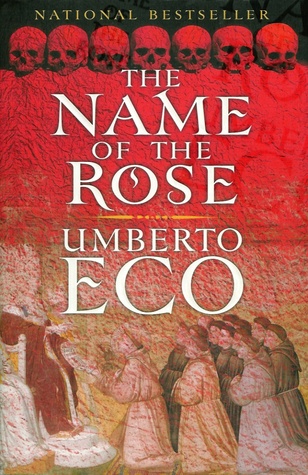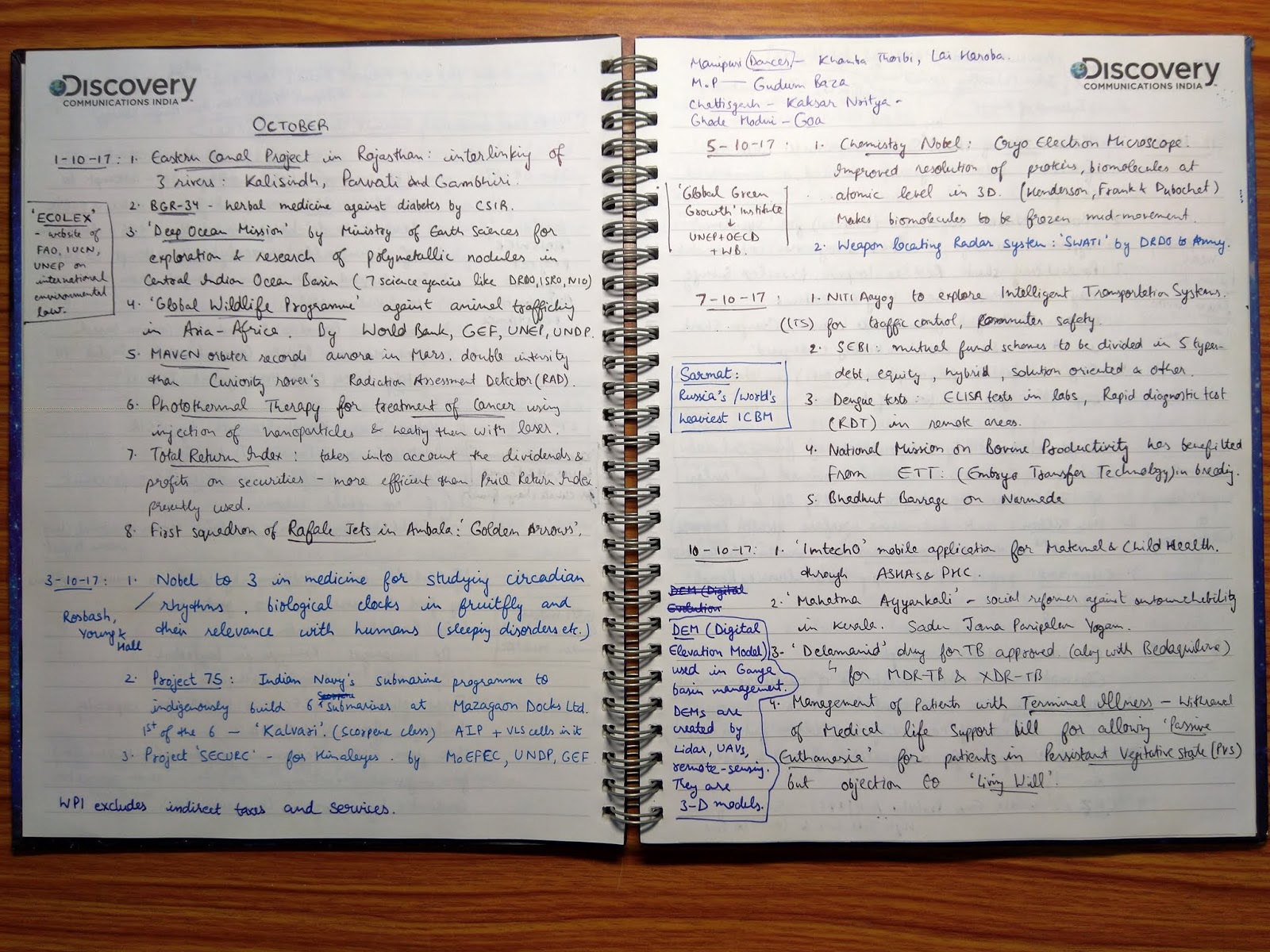On Umberto Eco's novel 'The Name of the Rose'

Reading 'The Name of the Rose': History, Humour, Heresy and other things By Vikram Grewal When Umberto Eco says ‘books always speak of other books, and every story tells a story that has already been told’, he in a way delineates the nexus between the historical novel and historiography. History and fiction wrapped together seem inseparable once diluted. The question of what is history and what has been weaved into the historical setting courtesy the author’s imagination exists as a conundrum for the reader. Eco expresses the existence and influence of any work through two perspectives (very simply: the reader’s and the writer’s). He refers to the ‘echo of intertextuality’ by pointing out that the writer while interrogating the text on which he is working finds out that the text reveals ‘natural laws of its own’ but along with the ‘recollection of the culture with which it is loaded.’ When a book is finished, ‘a dialogue is established between the text and its reade...








